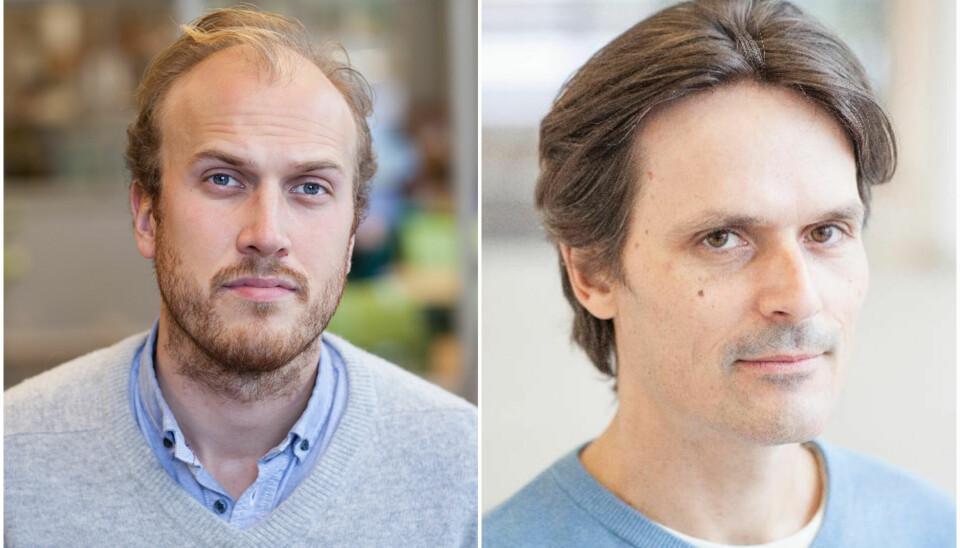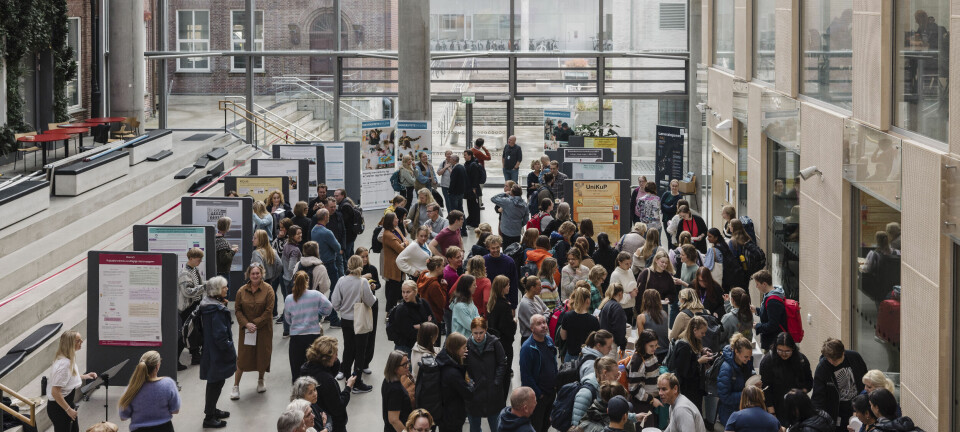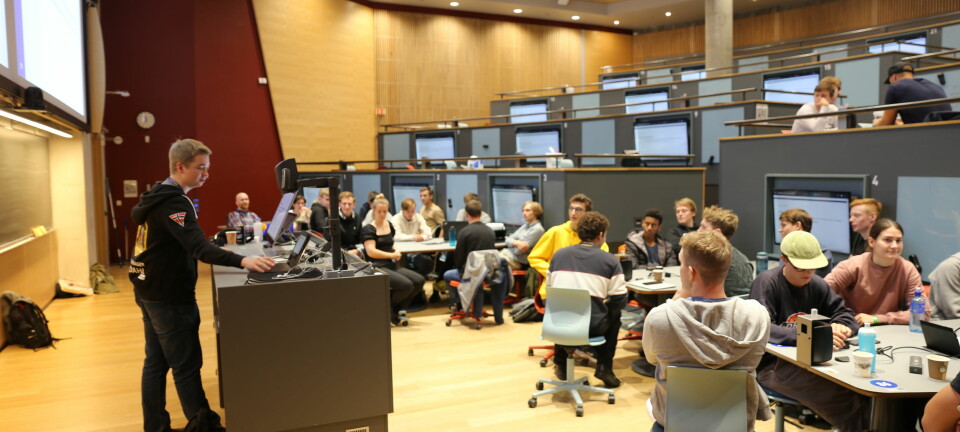Ytring
PhD at ILU: «The criticism is not very accurate»
Professor Rodrigo de Miguel criticized the PhD supervision at the Department of Teacher Education at NTNU. Two of those who work with this on a daily basis give their account.
- One crucial thing that Rodrigo de Miguel does not seem to take into consideration is that supervisory competence is the task of a united team of supervisors, the authors write.
Foto: NTNU
Dette er en ytring. Innholdet i teksten uttrykker forfatterens mening.
On Thursday 30 November, Professor Rodrigo de Miguel writes in UA about what he believes to be “Questionable practice undermines the doctoral process” at the Department of Teacher Education (ILU).
Miguel argues that ILU`s work in matching PhD projects and supervisors is weak, and that "People are being encouraged to supervise doctoral work in fields where they have no academic competence."
It is great that Miguel puts the spotlight on a very important area for ILU, but for those of us who work with this on a daily basis, the criticism is not very accurate. We would therefore like to say something about how we work with PhD supervision and what we actually encourage at ILU.
Framework for quality assurance of PhD at ILU
The framework for this work lies partly in laws, regulations and guidelines governing PhD. The basic competence required to supervise the PhD at NTNU is that the supervisor has a PhD. In addition, there is a statutory requirement that all candidates must have a minimum of two supervisors, where at least one of the supervisors has supervised PhDs previously to completion.
Furthermore, the system is largely based on trust: Our supervisors know both their strengths and limitations when they take on the important assignment as supervisor. Additionally, it is a system based on reason: The purpose of the PhD for both the candidate and the supervisor is simply for the candidate to complete his/her doctoral degree, which becomes demanding if the supervisors lack the right competence. PhD students also have the right to change supervisors, which happens relatively rarely.
Quality assurance in the exercise of discretion
Furthermore, the work is based on established norms for good guidance and objectives set out in ILU's strategy, periodic plans and annual plans.
When a PhD candidate starts at ILU, it is not uncommon to have already been in contact with potential supervisors, related to a research project or a research group. This is often a good way to achieve a good match, because informal discussions include the competence needed for the project in relation to a potential supervisor's contribution. Other times, the department must carry out such inquiries, which often take place as a broad discussion between the candidate, potential supervisors and management. The question is always: Who has the competence and capacity to supervise this particular project? In cases where we conclude that ILU does not hold the expertise, we reach outside the department, either at NTNU or other institutions. The conclusion of such an inquiry is the formal request for appointment to the faculty, where the supervisors' competence is also visible and can be discussed at department and faculty level.
Enig eller uenig?
Send oss din ytring på
At ILU, we also follow PhD projects relatively closely. This is done not only through the faculty's progress reporting, but also through the department's PhD committee. Additionally, all PhD candidates are employed in one of our academic sections, with a Head of Section who also follows the work. Together, this enables us to follow the progress of the individual project, and address issues that arise when needed. The PhD committee at ILU also provides training and exchange of experience for new and experienced supervisors, including through our forum for supervisors.
The team around the PhD candidate
One crucial thing that Rodrigo de Miguel does not seem to take into consideration is that supervisory competence is the task of a united team of supervisors. Where one supervisor may have thematic competence, another may have more methodological competence. A third is perhaps the one with the best knowledge of the school context. In any case, it is the combined expertise that will contribute to realizing a project in the best possible way.
The collectivization of PhD supervision is a deliberate and encouraged development at NTNU, the SU faculty and ILU. PhD candidates who in practice have no one to rely on other than their main supervisor will be very vulnerable if problems should arise in the supervisory relationship. In the future, ILU will also continue to strengthen the team around our PhD candidates by ensuring that everyone is affiliated with an active research group. This will help to gather even more solid expertise around the individual project.


































































